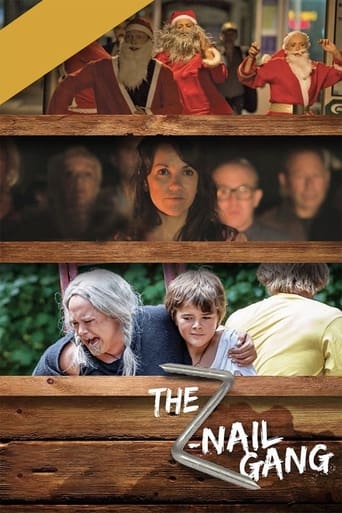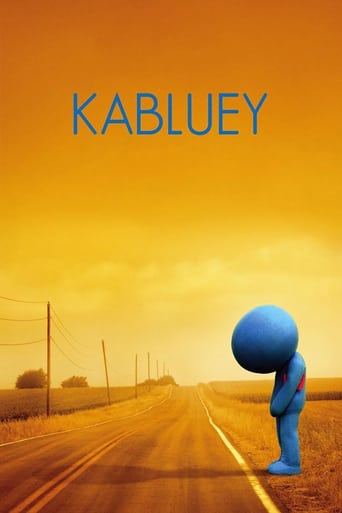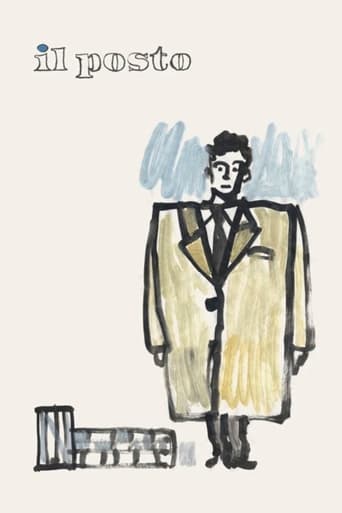
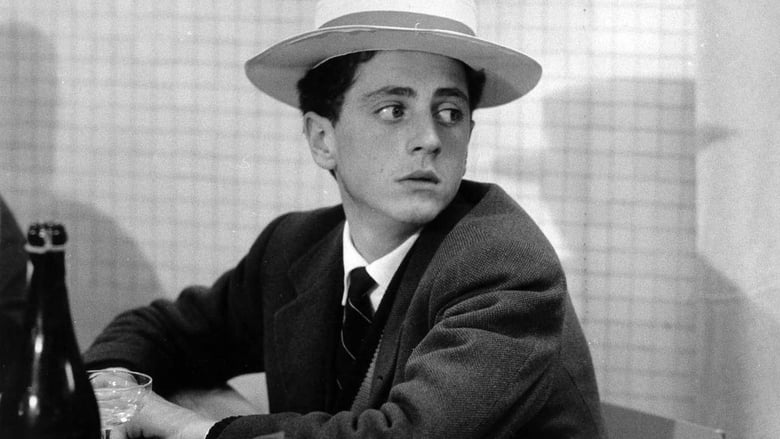
Il Posto (1963)
With his family mired in financial troubles, Domenico moves to Milan, Italy, from his small town to get a job in lieu of furthering his education. A lack of options forces him to take a position as a messenger at a big company, where he hopes to receive a promotion soon. There, Domenico meets Antonietta, a young woman in a similar situation as himself. The two form a tentative relationship, but the soulless nature of their jobs threatens to keep them apart.
Watch Trailer
Cast
Similar titles
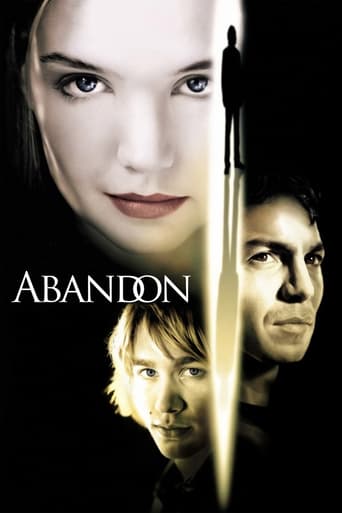
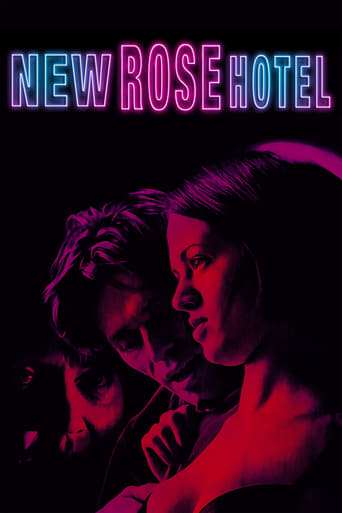



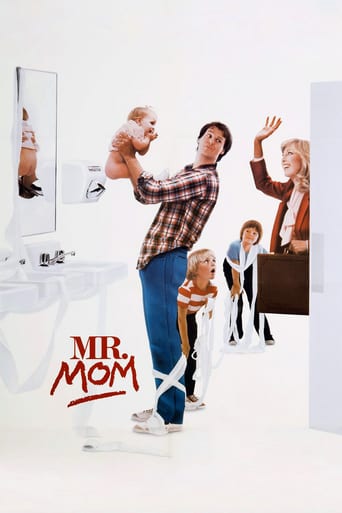
Reviews
recommended
Don't listen to the negative reviews
Am I Missing Something?
Go in cold, and you're likely to emerge with your blood boiling. This has to be seen to be believed.
Ermanno Olmi is one of those filmmakers whose name does get obscured a bit in popular lists of great Italian filmmakers of all time. However his status as a very influential director can never be questioned as some of the great directors of our times like Mike Leigh and a number of others constantly cite him as a major influence. The first thing that I noticed while watching 'Il Posto' was that Olmi's style of filmmaking and the way he treats his characters is very reminiscent of Italian neo-realism, specially the early works of De Sica. As a matter of fact this film can be easily viewed as a companion piece to 'The Bicycle Thieves'. Bicycle Thieves was set in the immediate backdrop of the devastations of WW2 and followed a poor man desperately trying to track his stolen bicycle in order to retain his precious job in a frail economy. 'Il Posto' is set in early 1960s Italy where the economy is slowly getting back on its feet with industrialisation in the cosmopolitan cities like Milan. The protagonist is a young, wide eyed boy named Domenico who applies for a job. For me these two plot summaries easily juxtapose each other and offer themselves perfectly for a double feature. Olmi also points out the differences in lifestyle, living conditions and people's mindsets between rural Italy and urban Italy in the most visually succinct way. The influence of De Sica is also visible in Olmi's economical use of dialogue and his stress on catching the subtle expression on the characters' faces without them saying much.For me the primary theme of 'Il Posto' is the premature loss of youth. Domenico is nothing but a very young, innocent boy who gets pushed into the unfamiliar corporate world at a very early stage in his life. He has to carry out his family's decision which involves him working and earning with his father while his younger brother is the one who gets to study. This theme of forced premature adulthood gets further underlined in one particular scene at the very beginning of the film. It is the scene where Domenico gets jealous when he sees his brother using his book strap and starts arguing with him, but their mother intervenes and asks Domenico to leave his brother alone as Domenico is too old for such juvenile arguments as he is about to start working. The look on Domenico's face broke my heart. It is a feeling which is universal and very relatable. Actually this scene is very reminiscent of a scene in Satyajit Ray's 'Pather Panchali' where the young siblings Durga and Apu are fighting with each other and then their mother sets them apart and scolds Durga and tells her that she is too old for this. 90% of the film is from Domenico's point of view. We see him discover the new world of industrialisation and corporate culture. The cute young romance that develops between Domenico and a fellow applicant Antonietta is adorable. Antonietta represents the youthful, innocent spirit that Domenico yearns for in his life. But unfortunately the romance is short lived and the hard reality of adulthood will perhaps always keep her at a distance from Domenico. The script for the film written by Olmi and Ettore Lombardo is a comment on the rapid industrialisation in post war Italy as well as the dehumanisation of workers in the corporations. Olmi shoots certain scenes in the office in a way which makes Domenico and the other applicants look very small in proportion to the surroundings. We see departmental stores and construction sites all over Milan. There are also certain scenes involving physical examination being carried out by the officers in the corporation which almost look like a group of people being trained to become faceless nobodies in the organisation. However having said all that, Olmi never treats the officers in the organisation with disrespect. All the officers are not bad people. They actually are helpful in some ways. Olmi is putting the blame on the system but not the people in it.There is a sequence in the film where Olmi leaves Domenico's point of view and gives us an insight into the personal lives of the people who will be colleagues of Domenico once he gets the job. These are old, lovable, shy and introverted men who have devoted themselves to their pointless work in the corporation and have nothing to enjoy and look forward to after going back home from work which somewhat reminded me of the lyrics to the song 'Streets of London' by Ralph McTell. All they can do is fight over desks. In a way, Olmi is showing us what Domenico's future could be like. The film ends on a horrifying/heartbreaking note. We see Domenico sitting in a row with the other employees and observing what his life will probably look like forever. Domenico looks at the mimeograph and we hear the terrible, constant metallic noise of the machine as the end credits appear. We are left to ponder over whether Domenico be able to have a proper life and maybe pursue Antonietta or will he be sucked into this company vacuum and be forced to lead a meaningless, joyless life like his co-workers.Praise has to be showered on two brilliant amateurs Sandro Panseri and Loredana Detto. Panseri plays the character of Domenico with the correct amount of innocence and naivety and makes him extremely relate able to every single viewer. Detto is just adorable. The cute and short romance between them is completely believable. 'Il Posto' is a beautiful, thoughtful film made by someone who clearly understands human beings. This is a film about the loss of youth and the loss of an identity in a fast changing world. This was my first taste of an Ermanno Olmi film, but I'm very sure it won't be my last.
I am an Olmi fan and consider his later work "The Tree of Wooden Clogs" to be one of my top 10 films of all time.By comparison, "Il posto" is a minor work of Olmi. Yet it has certain common factors that can be found in most Olmi films--the love for the offspring from the parents, the blooming love of first time lovers, and an honest portrayal of lower middle class Italy. In most Olmi films there is a good dose of Catholicism but in this work it is restrained to a few references.The end sequence is however remarkable. The film ends with the clackety-clack sound of a stencil copier and no music. It is preceded by a significant and quixotic movement of clerks from one desk to another. Olmi communicates so much to the viewer without a word spoken. This will remain a great end sequence for me.
I had never seen or heard of this film until last year. WOW! this is one of the best films of the post war, the cinematography, narrative elements, the easy confident pace. and for the actors to be non professionals - in the neo-realist tradition. It's hard to believe. some of these Hollywoodland hams could learn something here. If you've seen it see it again. If you haven't rent it, buy it, download it from someplace. that is if you like your cinema pure in spirit and free of crap, sadly, most people don't. most go out of their way to tell contrived, complicated plots with no feel for characters. I kind of wish I'd gotten into the film business.
Olmi delivers a involving study of one young man's initiation into the corporate structure. The lifelike ambiance and natural tone of the picture are remarkable, and the emotions it generates universal. It's hard watching the final images and not hoping for the protagonist's escape from the reality of his situation. A Criterion DVD edition excellently revives this important work from renowned Italian director, Ermanno Olmi. Simply stunning!



